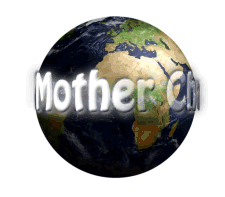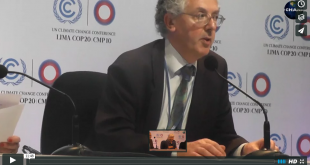A tightening noose
We set off last week to go and take water samples from our drinking water supplies. Our objective was to determine whether or not chemicals from nearby farms could be found in our storage dams. So you can imagine our absolute shock in seeing what was left remaining of our drinking water supplies. Thus even though this clip is not our primary investigation we thought it important to show you exactly how bad this situation really is.
Water Supply Lines
Cape Towns primary water supply is Theewaterskloof, incidentally it also supplies Stellenbosch dam via a massive tunnel drilled straight through the mountain. Yet since our objective was chemical related we also had the opportunity to see the Palmiet, Lourensford River, Theewaterskloof and Berg River Dam. This clip releases footage showing the status of each storage dam and quite quickly identifies recent drainage as a result of pumping, I think you will understand the true depth of the crisis.
Polluted and Abused
One thing that became really clear was just how polluted the waterways were, broken bottles and pieces of debris were everywhere and the water itself aside from being dirty smelled really bad. The Berg River dam was the one exception, it had some bottles but no noticeable water quality issues, in fact, when we drew our four samples the Berg was the only one resembling anything I would like to drink. What was also clear is the level of abuse, particularly the Lourensford River which is flowing out into the open ocean.
So what to do?
Well, conservation of remaining supply is definitely the only way to go at present, but other issues like the relationship between electrical use and water or the state of municipal pipe infrastructure need some urgent attention. Hand in hand with this reserve osmotic desalination and open pit desalination need to be implemented. That said, I think a far far greater awareness of the water issue needs to be put out there because what we are experiencing is not going to be the first nor the last and is most certainly not limited to just this city. Times are changing and assuming a proactive approach will ultimately, hopefully, save the day.
 Mother Channel Environmental, climate change news and media.
Mother Channel Environmental, climate change news and media.




Thank you for bringing the message home. However, it is hideously sad that among your solutions THE most effective and fundamental one is missing, i.e reduction of the global population to a sustainable level of 2.5 billion. It can be done. See:
http://www.worldpopulationbalance.org/articles/our-vision-solve-overpopulation
https://www.populationmatters.org/
http://www.populationeducation.org/
and many others.
Janine
Completely agree Janine. Think I will do some coverage of that very topic this coming week, great idea thanks.
I get what you mean but the reality is that the population is already on a trajectory for a global population of 11billion. Nothing can stop that from happening short of mass genocide. The inertia is already in the system. The people that are going to give birth to the next 4billion are already alive today. The 11billion forecast already accounts for education and birth control measures. Oh, and of the 4 billion yet to be born, 3 billion are going to born in Africa. Check out this amazing presentation by the late and great statistician Hans Rosling https://m.youtube.com/watch?v=FACK2knC08E
There are simple solutions to the Cape Water issue but Rule no 1 is: “Just water, no politics”.
We should be investigating how Israel is managing their water! Agriculture is a big part of their water usage too!
we should look at aquifer (underground) water storage, not dam storage for our country. business is not affected, with big water users continuing on current production without a thought sideways. the poor continue to waste it, because who is going to keep a single household out of seventy five (tap sharing) accountable for a pool that is filled or a washing machine that takes 160 litres of water to wash? unfortunately, that leaves only the affluent (paying?) residential consumer who is doing his or her best to save water, which is not enough. i can concur that while not exempt, businesses and government institutions will do little to assist in the water crisis. it is only through collective enforcement of the same rule set that the collective will appreciate and respect the water crisis for its full might.
Celeste, I have been on this for months and the only replay i get from councellors is that “we have the tchnology and don’t need to look further afield. we have a research station in Epping Industria. Infact we EXPORT technology” HUH? then why are we not using it in coastal cities? Wake up councellors. Israel has desalinatin plants that supply the country with all it’s agrculture with 34% of its water needs. we need councillors who can “think out of the box”.